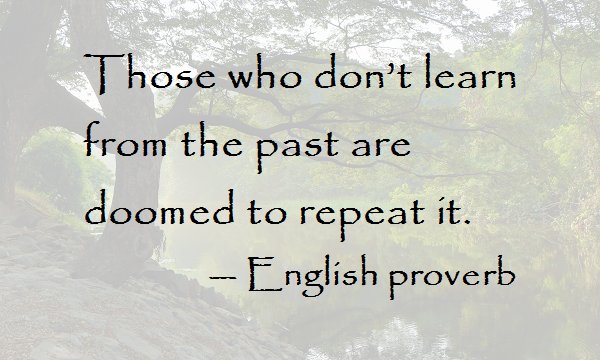In recent years the conflict between the conservatives and liberals in Korea continues and is deepening. This is also true in other countries but at present in Korea the liberals are in control and recently the appointment of a cabinet minister with apparent problems with family finances and facilitating the entrance of a daughter to a prestigious college without going through the ordinary channels and with ethically questionable procedures has been top news. A priest sociologist gives us his opinion on what is happening in the Catholic Times Weekly column, Eyes of the Believer.
He sees the issue as much larger than an individual cabinet minister. This he considers only as a surface pretext for a struggle for power— hegemony, and wants the readers to look deeply into what is happening. Not only the politicians, but the biased media and the actions of the prosecution requires a deeper reflection and understanding of democracy and historical consciousness.
The first article of the Korean Constitution states: "Korean sovereignty belongs to the people and all power comes from the people." However, the people are made up of different groups with diverse backgrounds, social strata, religions and professions. We live with each other, pursue dialogue and compromise and are one nation and follow the principle of majority rule but this is only a formality. A democracy is clearly superior to authoritarianism and oligarchy for it has a system to check for power monopoly but the democratic system is not perfect. People can be deceived by the media, people ignore truth and are often trapped within self interest groups which leads to fights with the other self interest groups in society ignoring the common good.
Historical consciousness is what
gives life to democracy. Modern Korean history has been an intense process that has advanced the movement of history, pursuing
universal human rights and the values of the common good, from the democratization
movement against military dictatorship to the recent candlelight
revolution. The flow of history toward a more just and
equitable society, a society where the values of the common good are
realized, has become a spirit of the times. True
democracy can be realized when all citizens have an awakened sense of
history and a sense of mission and are willing to go beyond the collective
selfishness of their particular groups, deceiving themselves with arrogance and selfishness and understanding it as freedom and democracy.
Both the judiciary and prosecutors need to realize the "historical calling of
the candlelight revolution" and reform our present errors. Prosecutorial reforms are a challenge for today. The independence and impartiality of the Judiciary and the Independence of the prosecutors is necessary to ensure the rule of law and the protection of the human rights of the citizens. A
check for prosecutors is urgently needed to establish public
accountability in the era of 'national democracy'. Under Japanese colonial rule prosecutors had unlimited power that would have put Jesus, Confucius and Buddha in prison and closed their eyes to problems within their own ranks and this has tended to continue.
Journalists
must also be watchmen who practice their calling to advance
the wheels of history based on truth. Media that intentionally
disseminates false articles or produce 'garbage information' from
non-factual speculation harms society and
makes us sick. Just as academic scholars require institutional approval
from the Institutional Review Board (IRB) to avoid harming others, media
workers who publish newspapers, broadcasts, and YouTube articles should be open to the same procedures. Ethics of the press needs to
be strictly legislated and implemented to comply with the law.
Lawmakers
who leave the National Assembly for the streets without complying with the parliamentary democratic process will also
have to remember what they are passing down to those who follow and leaving shameful footsteps in history. In addition,
politicians who have clung to vested interests or neglected the common
good as descendants of the pro-Japanese, lack a sense of history. "Confused today,
thirsty for truth, peace, and justice… History reflects on the past and
shows the way forward." (Pope Francis).
